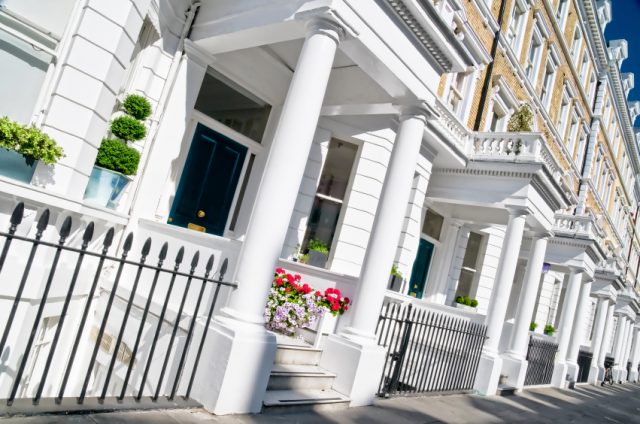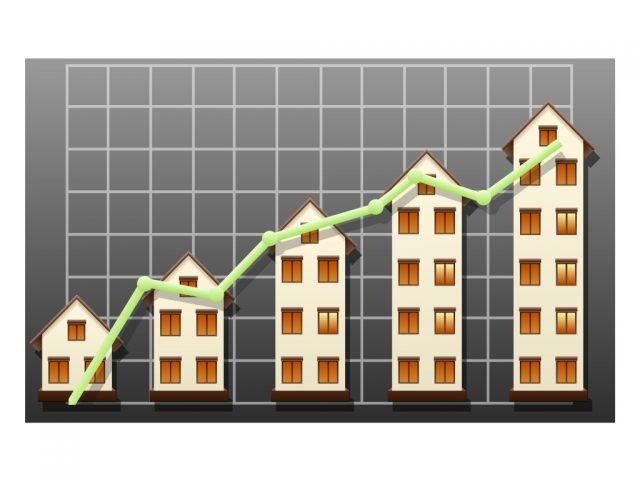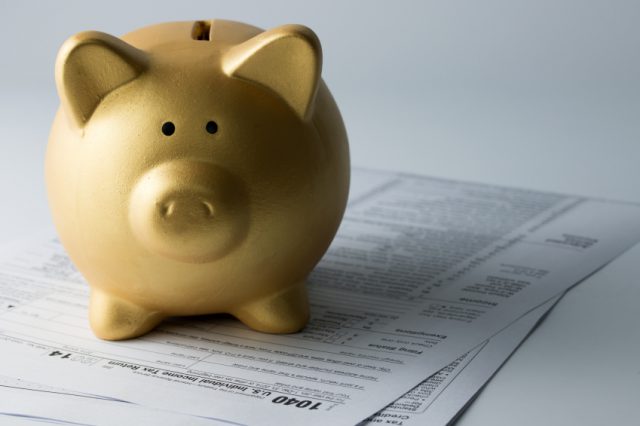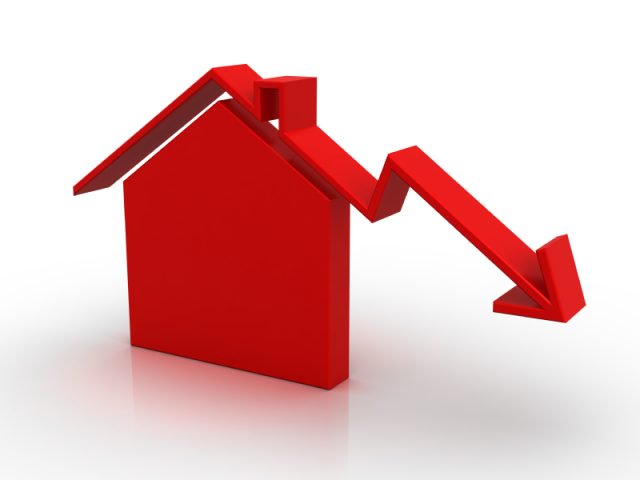Outdoor space valuable in top London boroughs
An interesting new report from a leading, independent estate-agent suggests that outdoor space in some of the capital’s most sought after areas can substantially increase the value of a property.
Patterson Bowe specialises in property in the boroughs of Knightsbridge, Kensington and Chelsea and believes that outdoor space in the postcode areas of SW3 and SW7 can increase property values by anything up to 20%.[1]
Extensions
The agent has stated that gardens, roof terraces and simply being near to greenery such as a park can all largely contribute to the overall value of a property in these areas. Patterson Bowe also indicate that homes of a comparable size and location with limited or no outdoor space could command between £80-100,000 less in the market.
Research also shows that gardens command the greatest additional value, adding around 20% to the overall value of a property. In addition, the agent suggests that garden squares alone can add 15% of a final property value.[1]
‘While the warmer months are upon us, Londoners who are fortunate enough to have their own outside space count their blessings,’ said Stuart Patterson, Managing Director of Patterson Bowe. ‘The benefits of London living combined with the luxury of outdoor space are both highly sought after and highly expensive.’[1]
Patterson continued by saying, ‘property with private outdoor space is obviously the most desirable but even those with access to a communal garden square or proximity to a public green space can still add a surprising amount of value; especially in Summer.’[1]
[1] http://www.propertyreporter.co.uk/property/20-premium-for-outdoor-space-in-top-london-boroughs.html








